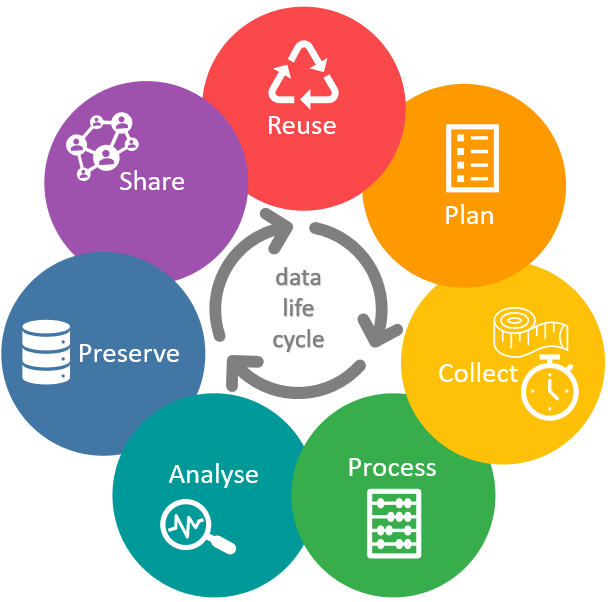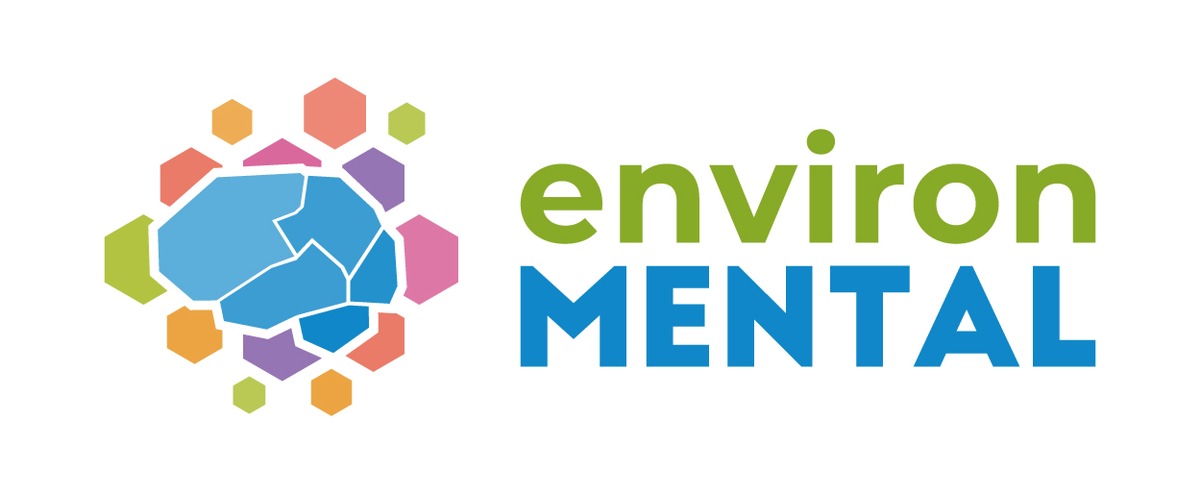The Berlin Institute of Health (BIH) Digital Health Center leads work package (WP) 12 and is responsible for implementing FAIR principles1 to ensure the integrity of the data life cycle. The team lead by Dr. Sven Twardziok supports collection, processing, analysis, preserving, sharing and re-use of all environMENTAL data sets. This requires strong communication with all other WPs. Specifically, WP12 is responsible for creating and maintaining a Data Management Plan, provide necessary infrastructures, establish, and curate a metadata2 repository to enhance data discoverability and interpretability, and organize geodata enrichment activities of the consortium. As a key activity, WP12 implements and develops the geospatial framework (https://www.environmental-project.org/resources/environmap/).
1The FAIR principles emphasize that data should be Findable, Accessible, Interoperable, and Reusable, fostering transparency, accessibility, and usability of research data.
2Metadata refers to descriptive information that provides context and structure to datasets, enabling efficient data discovery, interpretation, and reuse.

Visualisation of a data life cycle. Seven small circles arranged overlapping in a large circle and representing the following parts of a data life cycle: plan, collect, process, analyse, preserve, share and reuse. Written in the centre is “data life cycle”, surrounded by three arrows that form a circle and indicate the reading direction in a clockwise direction.

